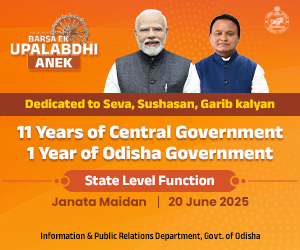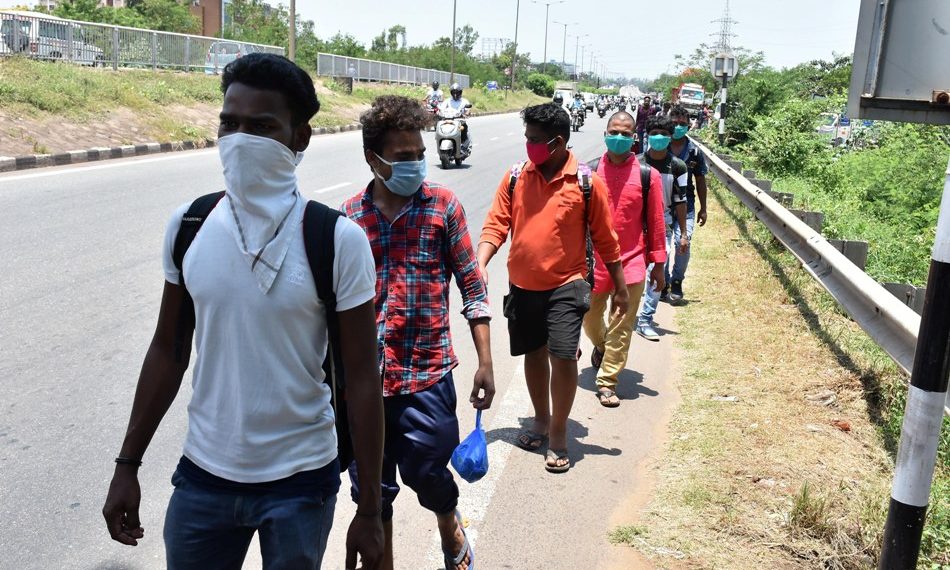Every state government has taken upon itself the task of bringing back their migrant workers home. After the factories had been shut and industries closed down in the wake of the COVID-19 outbreak, migrant workers were rendered jobless. What compounded the crisis was the Prime Minister’s abrupt announcement of the national lockdown which allowed these jobless workers hardly four hours to prepare for the eventuality. Trains and air services were suspended, forcing millions of workers to get stuck at their workplaces.
The poignant sight of these workers desperately trying to reach home by foot or cycling thousands of kilometers still rankle us. In this light, the move by the state governments to facilitate their return through buses and trains was a timely move. In a significant order Tuesday, the Supreme Court asked state governments and Union Territories (UTs) to identify stranded migrants and arrange for their transportation within 15 days. The court has also asked them to drop cases registered against them by police for violating lockdown norms. Both Centre and state governments have been told to go for skill-mapping of migrants and ensure employment opportunities for them.
Post movement of migrant workers to home states, the number of COVID cases in the country has galloped. This may not be the time to sit in judgement over whether the government did right by bringing back the migrant workers. But the way the exercise was given effect to could have been definitely better. The arrangements made by state governments turned out to be way inadequate. For example, handover of responsibilities by Odisha government on sarpanchs to deal with the migrants at quarantine centres may have been a compulsion considering the degree of the problem at hand. But, this should have been accompanied by continuous monitoring by the administration. At many places it has proved counterproductive. Odisha has so far received around five lakh migrant workers.
The bigger challenge for the state governments has come in the form of providing them with jobs. The Mahatma Gandhi National Rural Employment Guarantee Scheme (MGNREGS), a flagship programme introduced by the UPA government, has come in handy for the rural poor and the landless. There has been a surge in the number of man-days generated under the MGNREGS in rural areas. The scheme has benefitted migrant workers. However, the programme has nothing for the urban poor who have been hit hard by COVID-19. Lakhs of people who earned their living from small jobs in urban areas like roadside vendors and small time traders have remained jobless. With the frequent extensions of the lockdown, their miseries are only mounting. Cash doles and the food-grain component announced recently by the Centre have been limited to those with ration cards.
A sizeable number of people who have left rural areas in search of better opportunities in urban centres, there is hardly anything to fall back upon during such emergency. With the economy already in tatters, jobs for them had already dried up even before the coronavirus induced lockdown. There was no construction boom or a vibrant service industry that kept urban wages high. The lockdown has snatched away their livelihood. The urban poor have been forced to migrate to rural areas as cities have no plan for their sustenance. This is high time the government thought of a programme on the line of the MGNREGS for the urban poor. Despite lacuna in its implementation, MGNREGS has provided succour to rural landless and poor. There cannot be a bigger time to introduce a job guarantee scheme for the urban poor.

